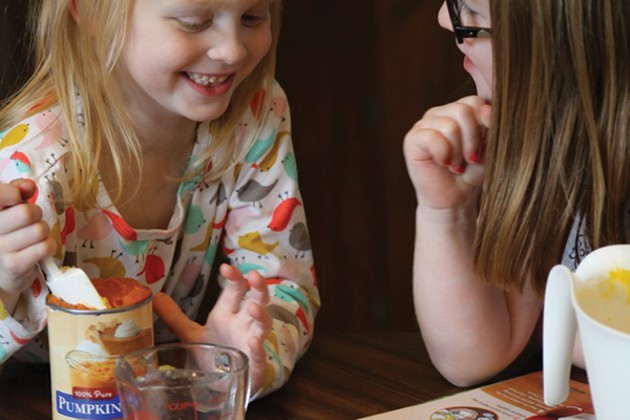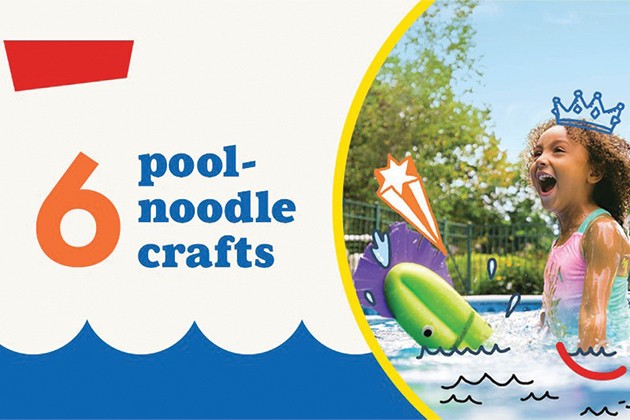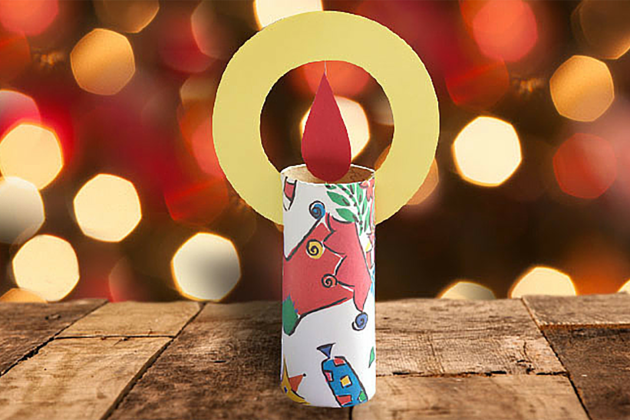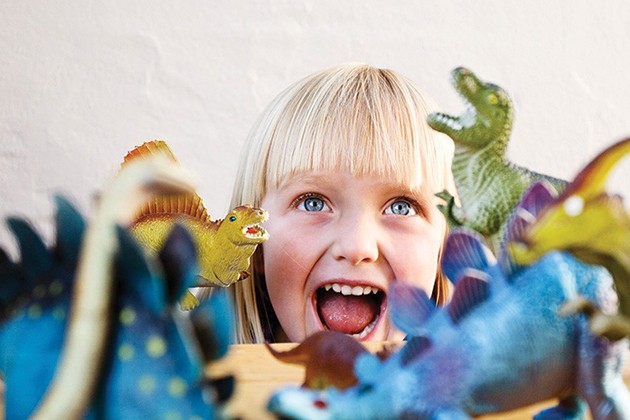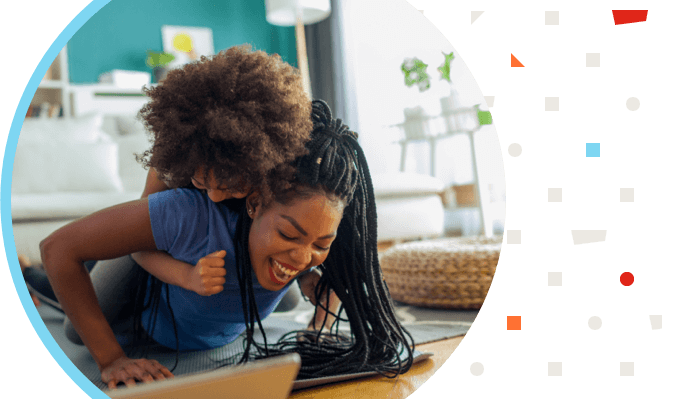Why Preschoolers Love Potty Talk
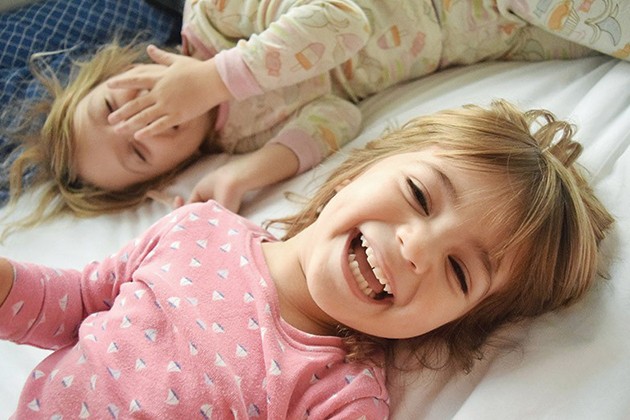
No matter the kid, late toilet trained or early, older child or youngest sib, most preschoolers delight in potty talk. They pontificate on poop and blab about butts anytime and anywhere. There are three big reasons why:
Kids are proud of what they can do.
Mastering toilet learning is a big accomplishment. It takes major coordination and control to ditch diapers, so little ones want to proclaim their power at every opportunity. That often means creating opportunities to use exciting words like “tushy,” “pee” and “underwear.”
They aim for attention.
Adding “poop” to every sentence tends to trigger a response from the nearest adult, which preschoolers love—whether that response is shock or amusement.
These words are just funny!
Even to adults–a British study looked at nearly 5,000 words to determine which ones caused the most giggles. Topping the list was “booty,” with “tinkle” also appearing in the top 10.
How do you flush potty talk away?
Ignore, Ignore, Ignore!
The best way to react to incessant bathroom chatter is not to react at all. When you deny your potty talker the attention they are seeking, they will find it a lot less fun (and funny) to persist with the chorus of pee-pees and poo-poos. If you are finding it hard to flush potty talk out of your preschooler’s mouth, try casually asking if your child needs to use the restroom. That’s a super-boring response that helps reinforce what those bathroom words are really for.
Of course, this is much easier said than done. When you feel like you will explode if you hear that little voice say “butt!” one more time, try these strategies instead.
Everyone’s a comedian
Capitalize on your child’s new interest in humor by teaching some real jokes (the kind that have an actual punchline, not just the word “poopy head”). Get a joke book and share some winners with your child. Make sure to laugh uproariously when your little comedian tells one without using any bathroom talk!
Have fun with (non-potty) words
Kids this age are also acquiring language quickly, and that makes silly chatter more fun for them, too. When you hear a word that bums you out, distract your child by challenging them to come up with a rhyme for it: bum, gum, hum, fum, pum (nonsense words are acceptable). This game also builds pre-literacy skills, so it’s a win-win.
Teach context
Realistically, it’s not a good idea to ban potty talk altogether. You still want your child to be able to talk to you about bodily functions—you probably still need to help your preschooler use the bathroom most of the time, and you need to know if, for example, it hurts when your child poops. But it’s developmentally appropriate to begin teaching your potty talker that different rules and customs apply in different places. When you’re eating, if you would prefer not to hear potty words, make a rule that they’re not allowed at the table. And remind your child that name-calling is never OK, whether it includes a no-no word or not.
Forget discipline
Of course, if you make a rule, you should enforce it if it’s broken—by, say, removing your child from a situation or withdrawing a privilege. Tie it as closely as you can to the offense: “We don’t talk about bottoms and poop at the grocery store, so you can’t come along next time.” But as a general response to bathroom chatter, tactics like time-outs may not work, and may backfire by making your child feel ashamed. The last thing you want, after your toilet-training victory, is to have your child regress because they are afraid to even utter the word “poop.” Eventually, your little potty mouth will lose interest in these words and move on to some other fun phase.
Show kids the joy of learning with our workbooks and activities! They’ll develop fine motor skills and hand-eye coordination with grade-appropriate letter practice, colors, shapes, alphabet memorization, counting and more.

